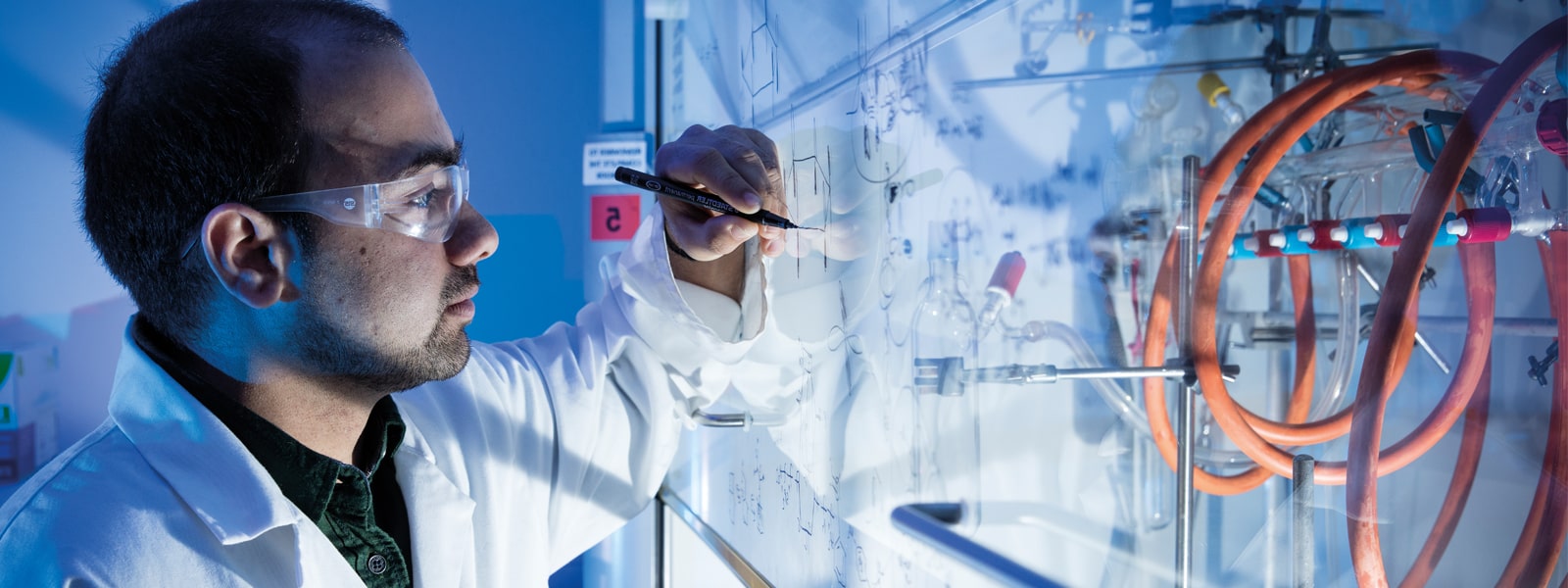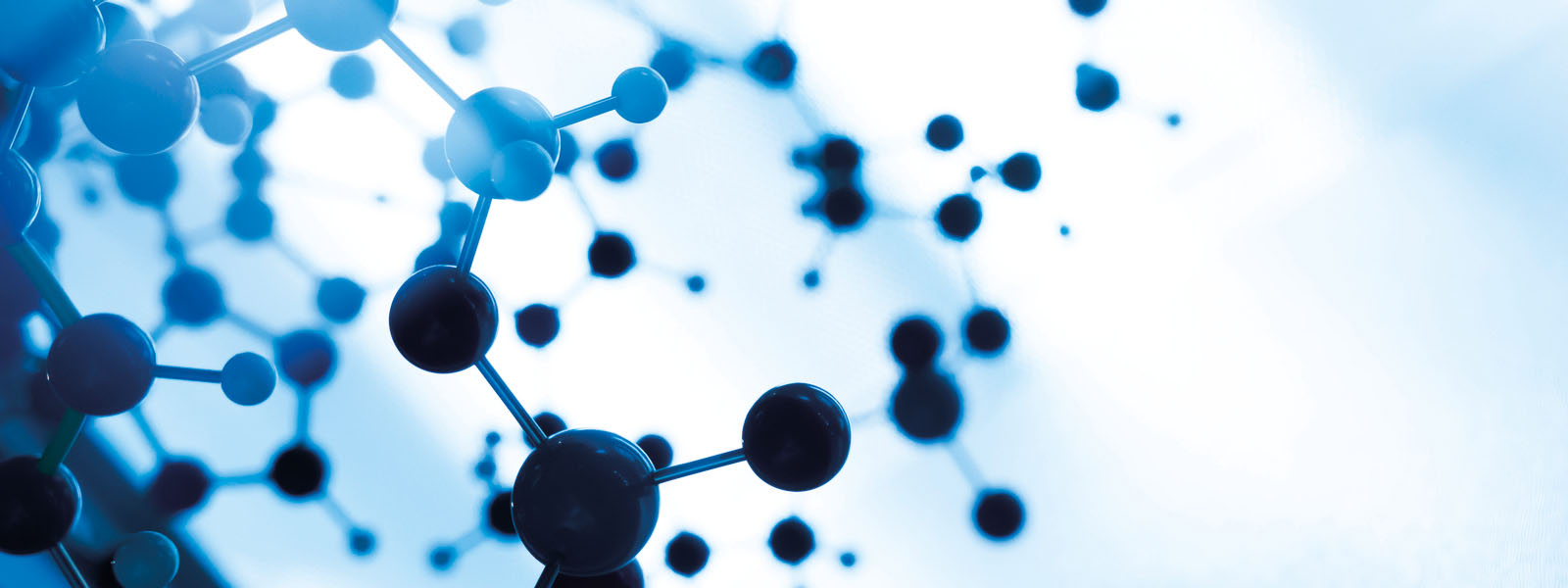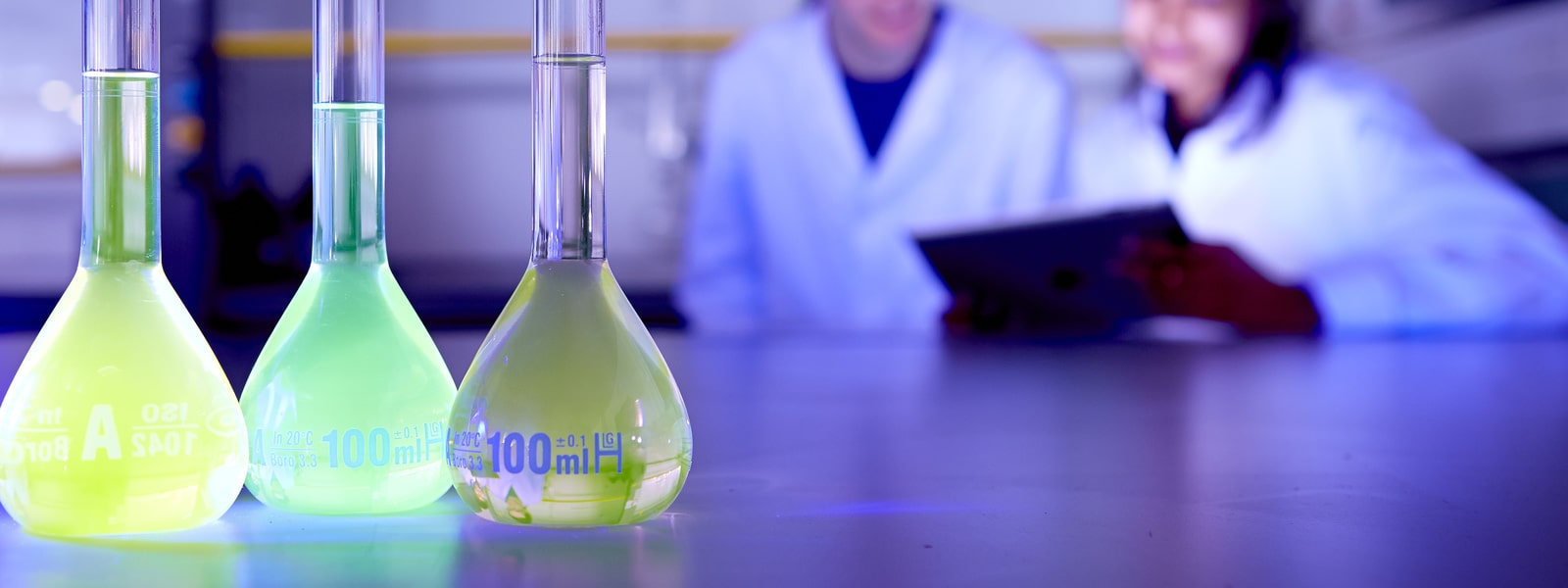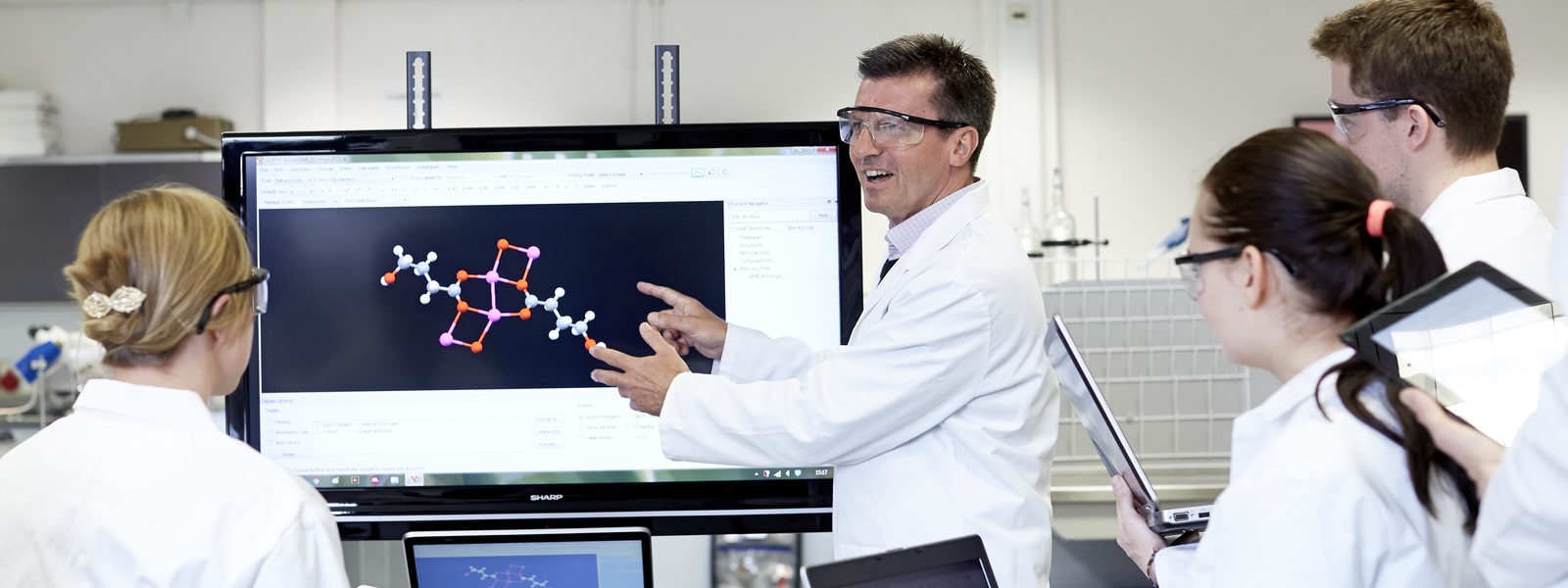United Kingdom
96 to 112 UCAS Tariff points.
This must be achieved from a minimum of 2 A Levels or equivalent Level 3 qualifications, to include 40 points from Biology, Chemistry or Applied Science . For example:
A Level: CCC to BBC to include a Grade B in Biology, Chemistry or Applied Science
BTEC Extended Diploma: DMM
Forensic and Criminal Investigation accepted.
Applied Science accepted depending on modules. Please include units on application.
T Level in Science: Merit Overall (Health or Health Science not accepted)
Access to Higher Education Diploma: 104 to 112 UCAS points to be achieved from 45 Level 3 credits, including 40 points from 15 credits in Biology or Chemistry.
International Baccalaureate: 28 points overall to include a Higher Level in Biology or Chemistry.
GCSE's: Minimum of three at grade 4 or above, which must include English and Maths. Equivalent Level 2 qualifications may be considered.
The University accepts a wide range of qualifications as the basis for entry and do accept a combination of qualifications which may include A Levels, BTECs, Extended Project Qualification (EPQ).
We may also consider applicants with extensive and relevant work experience and will give special individual consideration to those who do not meet the standard entry qualifications.
International
Non UK Qualifications:
If you have studied outside of the UK, and are unsure whether your qualification meets the above requirements, please visit our country pages
https://www.lincoln.ac.uk/studywithus/internationalstudents/entryrequirementsandyourcountry/ for information on equivalent qualifications.
EU and Overseas students will be required to demonstrate English language proficiency equivalent to IELTS 6.0 overall, with a minimum of 5.5 in each element. For information regarding other English language qualifications we accept, please visit the English Requirements page
https://www.lincoln.ac.uk/studywithus/internationalstudents/englishlanguagerequirementsandsupport/englishlanguagerequirements/
If you do not meet the above IELTS requirements, you may be able to take part in one of our Pre-sessional English and Academic Study Skills courses.
https://www.lincoln.ac.uk/studywithus/internationalstudents/englishlanguagerequirementsandsupport/pre-sessionalenglishandacademicstudyskills/






